When I first thought about starting an online business, I spent weeks stuck in my head. What if I failed? What if I wasn’t good enough?
The $100 Startup by Chris Guillebeau provides some answers to this. It’s a business book, but it felt like a direct callout to me.
He gave great solutions to anyone who dreams of doing meaningful work without a fancy title or endless resources.
Chris shows that you don’t need a ton of money, years of experience, or a grand plan to get started. You just need an idea, a bit of courage, and a clear way to help people.
In a world where 63% of Gen Z say they want to be their own boss, this book hits hard.
If you’re stuck between ideas or overwhelmed trying to juggle your dreams with your responsibilities, you’re not alone. Here’s what you can learn from someone who’s helped thousands launch their own thing, even with just $100.
Table of Contents
Detailed Summary of The $100 Startup by Chris Guillebeau
“Most people want more of the same things, money, love, attention, and less of the other things, stress, anxiety, and debt.”
In The $100 Startup by Chris Guillebeau, he shows how ordinary people are building freedom businesses without needing millions or even an MBA. Chris shares that you already have the skills you need. You just need to find the sweet spot where your passion meets what people are willing to pay for.
He explains how micro-businesses work. You need three things: a product or service, a group of customers ready to pay, and a way to get paid. Chris pushes you to act fast. No overthinking. You can launch something small with less than $100 and grow from there.
You will learn how to find business ideas from everyday problems. You will also see how important it is to solve real needs instead of forcing your passion on the world. He teaches you how to price your offer, launch your product, and market without feeling sleazy.
Chris also gets real about the money part. Your business must make money or else it is a hobby. He shows you how to get paid more than once, test your market early, and tweak small things that can lead to big profits.
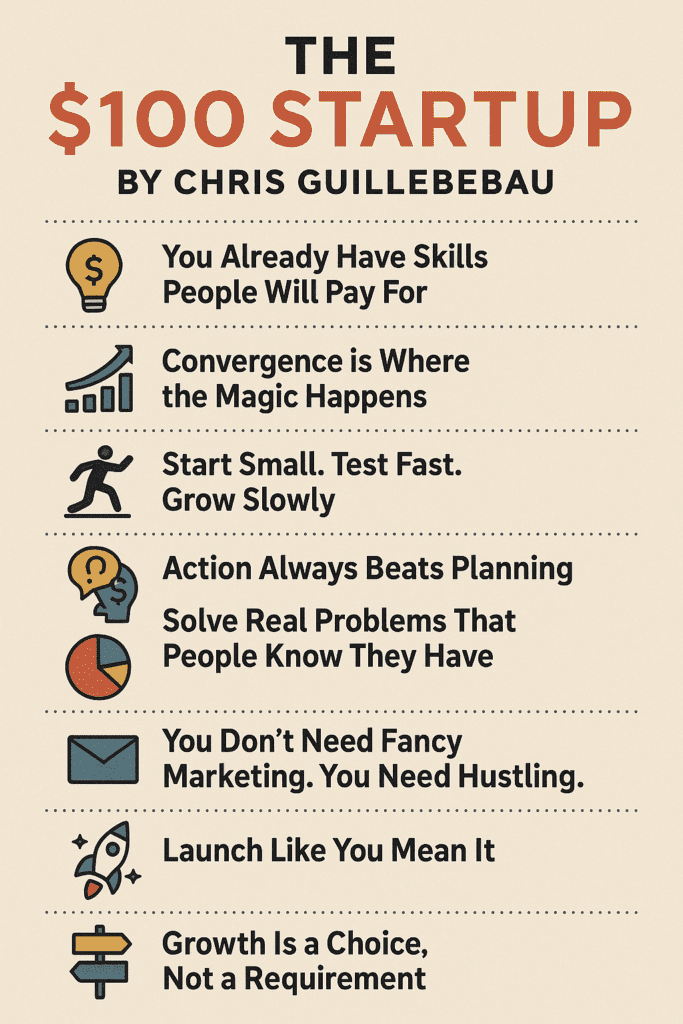
If you feel stuck trying to balance your dreams with life’s responsibilities, this book will help you get unstuck. The real magic happens when you stop waiting and start building.
9 Lessons from The $100 Startup by Chris Guillebeau
“Value means helping people not grand gestures.”
Chris Guillebeau’s The $100 Startup shows you that starting small, smart, and fast is not only possible but often the best way to get moving without feeling overwhelmed. He makes it clear you already have what you need. You just have to know where to look.
Here are 9 important lessons you can take straight from The $100 Startup:
1. You Already Have Skills People Will Pay For
Chris shows you that you do not need to go back to school or get another certificate to start a business. You have marketable skills right now. It might be something you overlook because it comes easy to you. Maybe you are good at organizing. Maybe you are great at explaining complex topics simply.
You just need to ask yourself:
- What do people already come to me for?
- What skills do I have that others might find valuable?
You do not need a genius idea. You need a useful one.
2. Convergence is Where the Magic Happens
He explains that success comes when passion meets usefulness. It is not enough to just love what you do. You need to match it with something people are willing to pay for.
That sweet spot where your interests and other people’s needs meet is what he calls “convergence.”

When you find that, business ideas stop feeling forced. They feel natural. And your chances of making money grow fast.
3. Start Small. Test Fast. Grow Slowly.
Chris does not believe you should risk everything to start. He shows you how tiny bets lead to real results. Start with less than $100 if you can. Build a simple offer. Test it with a small group of people.
If they pay you, you are onto something.
If they do not, adjust and try again.
This approach removes the fear of failure. You do not need a fancy website. You do not need a logo. You just need a real product or service and a real customer.
4. Action Always Beats Planning
You might feel like you need a perfect plan before you start. Chris teaches that action is way more important. You will never plan your way into a perfect business. You have to launch before you feel ready.

You will figure things out as you go.
He even suggests writing your mission statement in one sentence. If you cannot explain what you do simply, you are overcomplicating it.
Stop planning. Start doing.
5. Solve Real Problems That People Know They Have
Chris is clear. Successful businesses solve obvious problems. Problems people already know about and feel every day.
When you think of your idea, ask:
- Does this fix a real pain point?
- Is it something people are already spending money on?
For example, people might complain about wanting more energy but actually spend their money on coffee, supplements, and energy drinks. Pay attention to what people buy not just what they say.
When you solve urgent problems, selling becomes easier.
6. Money Is Not Evil. Your Business Must Make It.
Chris does not shy away from this truth. If you are not making money, you are running a hobby, not a business.
He reminds you to focus on sales early and often. Your job is not just to build something cool. It is to exchange value for money.
You also need to think about ways to get paid more than once. Subscription models, repeat services, and offering upsells are all ways you can increase your income without chasing new customers every time.
Your business must survive first before it can thrive.
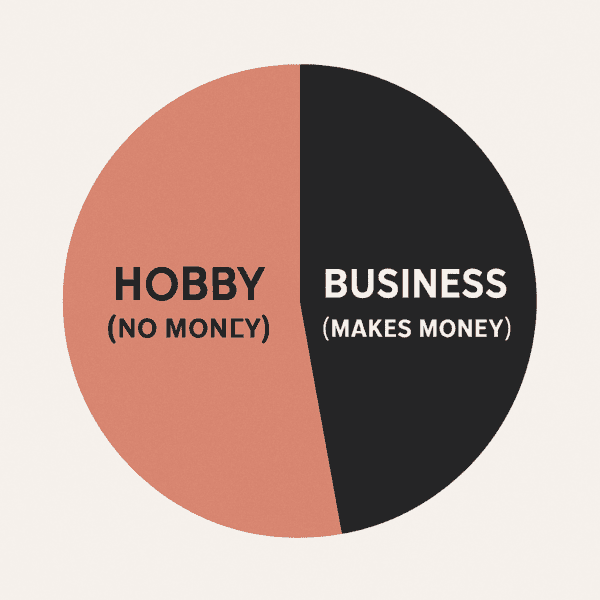
7. You Don’t Need Fancy Marketing. You Need Hustling.
Instead of throwing money at ads, Chris teaches you how to “hustle.” He shows you how relationships, word of mouth, and smart positioning beat expensive marketing campaigns.
You need to:
- Focus on how your offer helps people
- Reach out to communities and groups that care
- Share real results and customer stories
- Stay visible without being annoying
You are not trying to scream louder than everyone else. You are trying to connect with the people who already want what you offer.
8. Launch Like You Mean It
Chris explains that launches should not be silent. You need to build anticipation. You need to make it feel special. Not because you are trying to manipulate people, but because energy attracts energy.
When he launched his Empire Building Kit, he tied it to a real-time event: the arrival of a train in Portland. It made the launch feel alive and urgent. He made over $100,000 in a day.
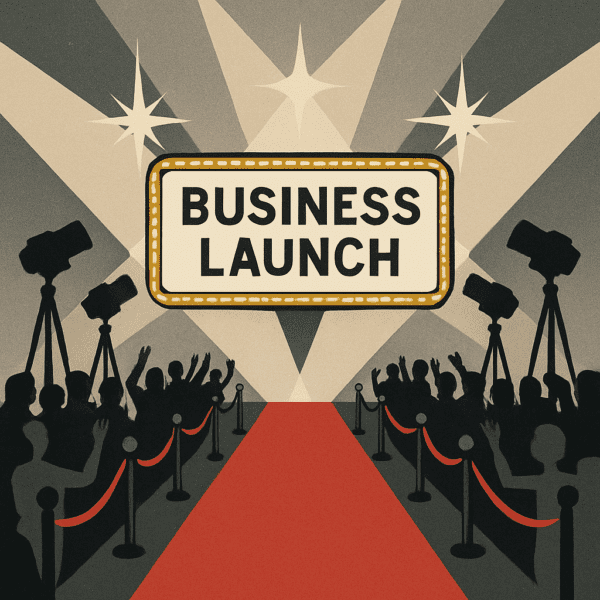
You do not need a huge audience. You need to plan your launch in a way that makes people excited to buy.
9. Growth Is a Choice, Not a Requirement
Not everyone wants to build a big empire. Chris shows you that it is okay to keep your business small if that is what you want. Growth is optional.
Some people scale by hiring teams and creating big operations. Others stay solo, enjoy their freedom, and earn enough to live comfortably.
You get to decide what success looks like for you.
The goal is to create a business that fits your life, not a life that gets squeezed around your business.
The $100 Startup is filled with simple but powerful lessons. It does not try to impress you with business jargon or make things sound harder than they are. It is about starting real businesses, solving real problems, and living life on your own terms.
If these lessons spoke to you, imagine how much more clarity you will get by reading the full book. Chris shares real-world examples, step-by-step tips, and a lot more actionable advice.
You already have everything you need. This book will show you how to use it.
Conclusion
Building a business does not have to be overwhelming. The $100 Startup by Chris Guillebeau shows you that you can start small, help people, and make a real income without waiting for the perfect time.
You do not need huge funding or years of experience. You need action, clarity, and a willingness to solve real problems.
If you are serious about building a business that fits your life, not the other way around, this book is a must-read.
Read my blog post on The Innovator’s Dilemma to assist you with keeping up with business changes as you grow your business.
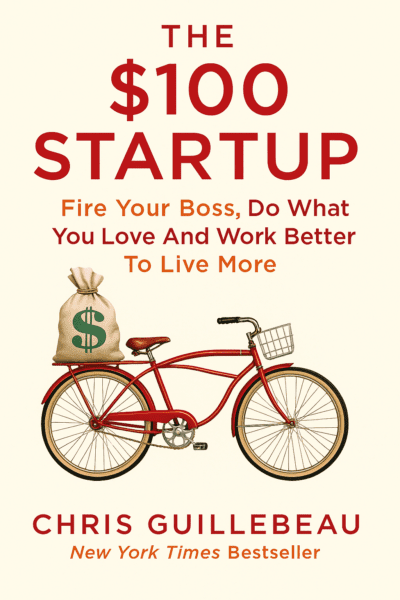
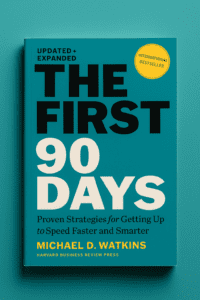


Pingback: Rework by Jason Fried and David Heinemeier Hansson ( 9 Important Lessons Plus Book Summary)